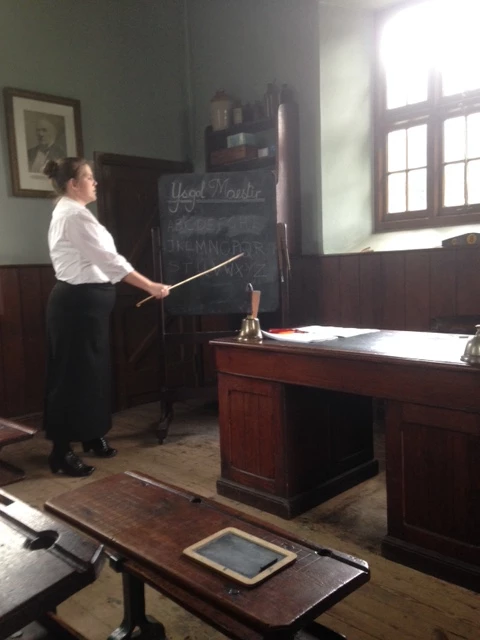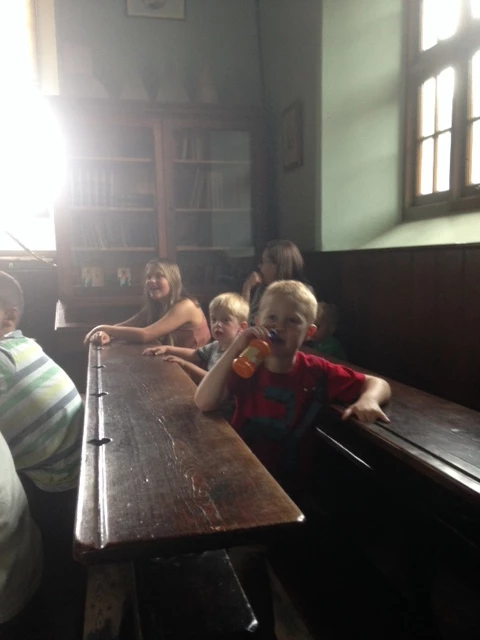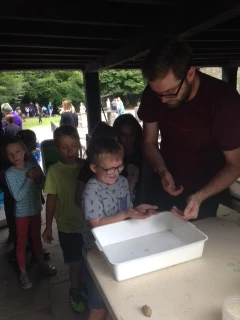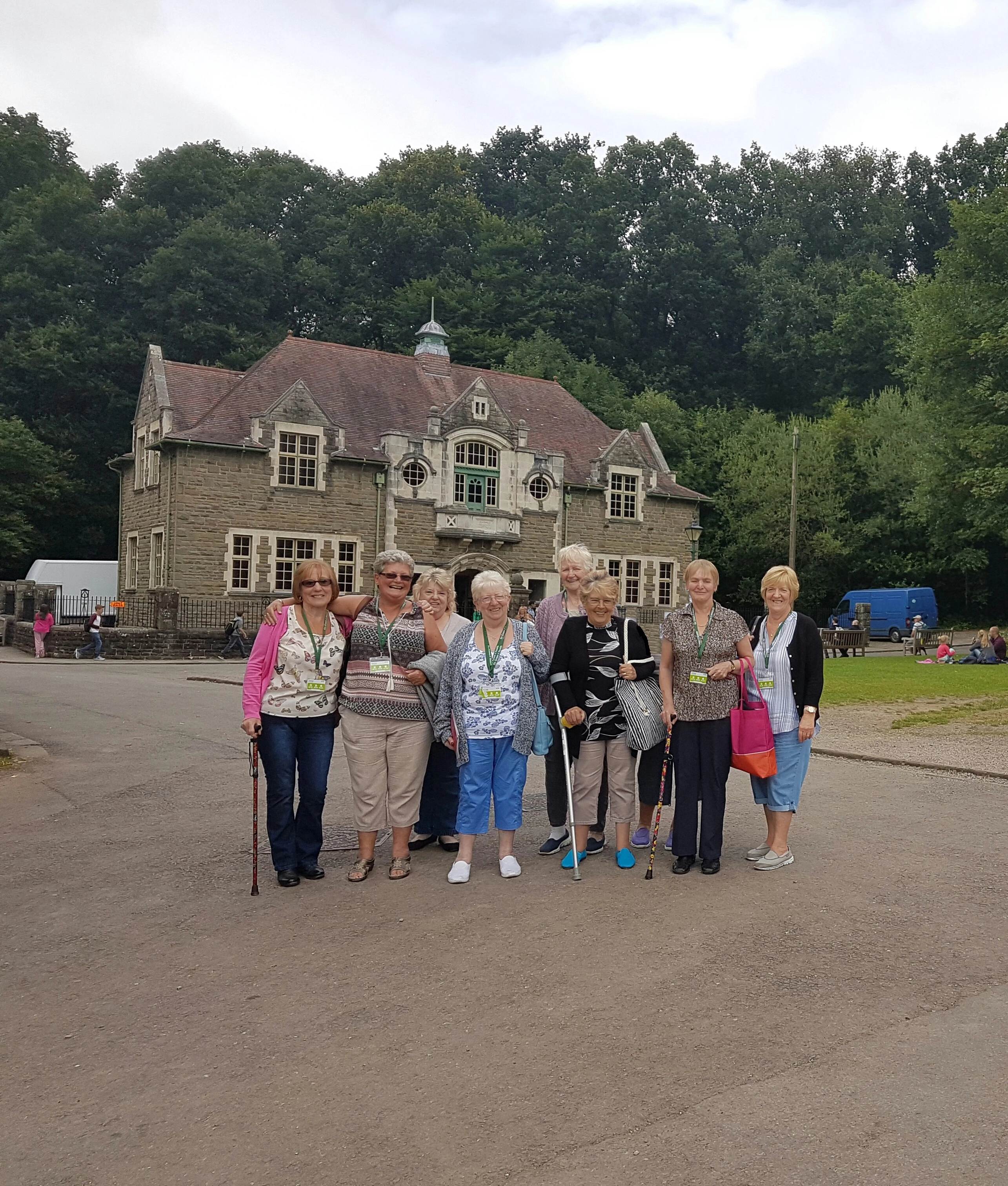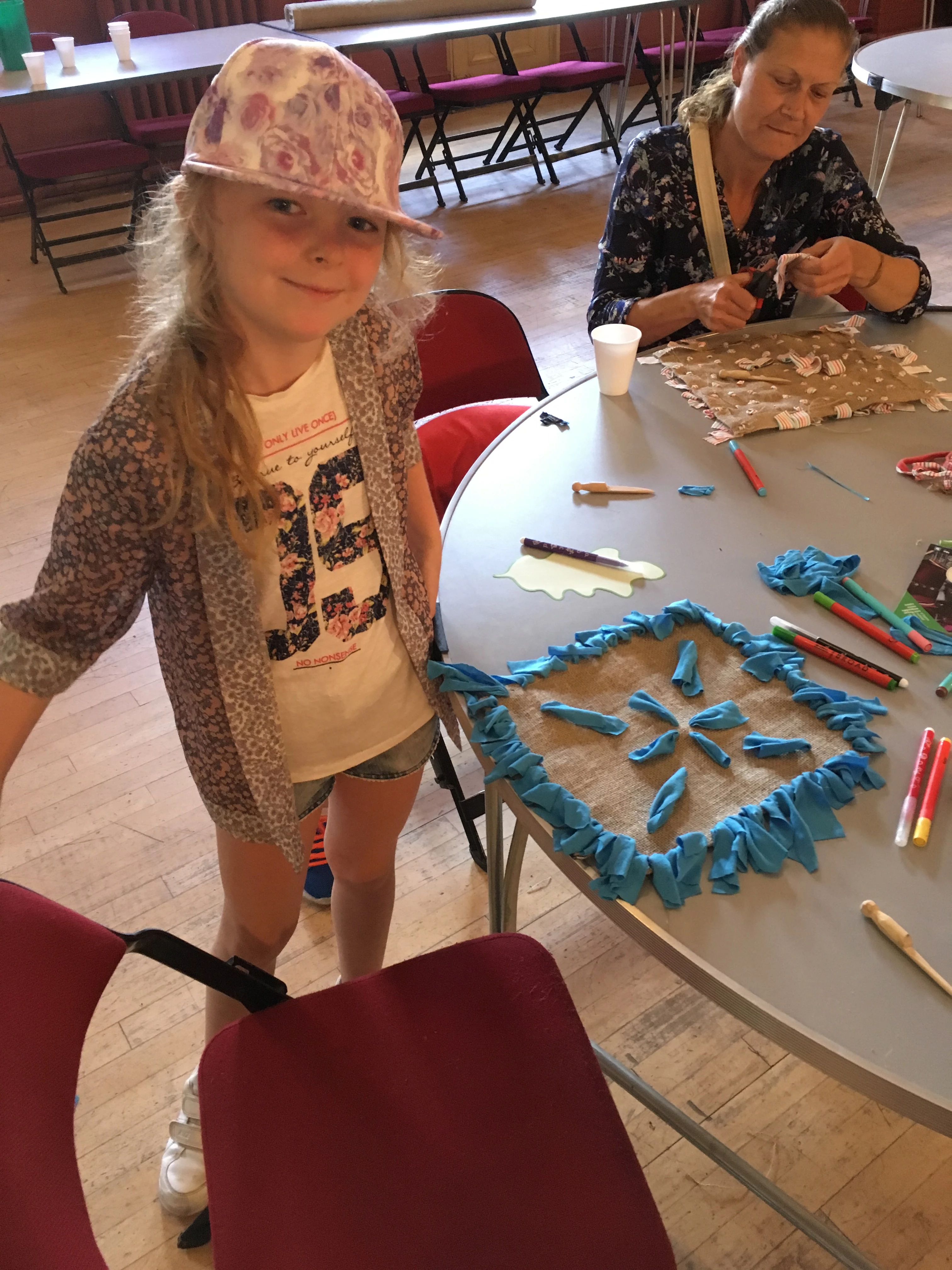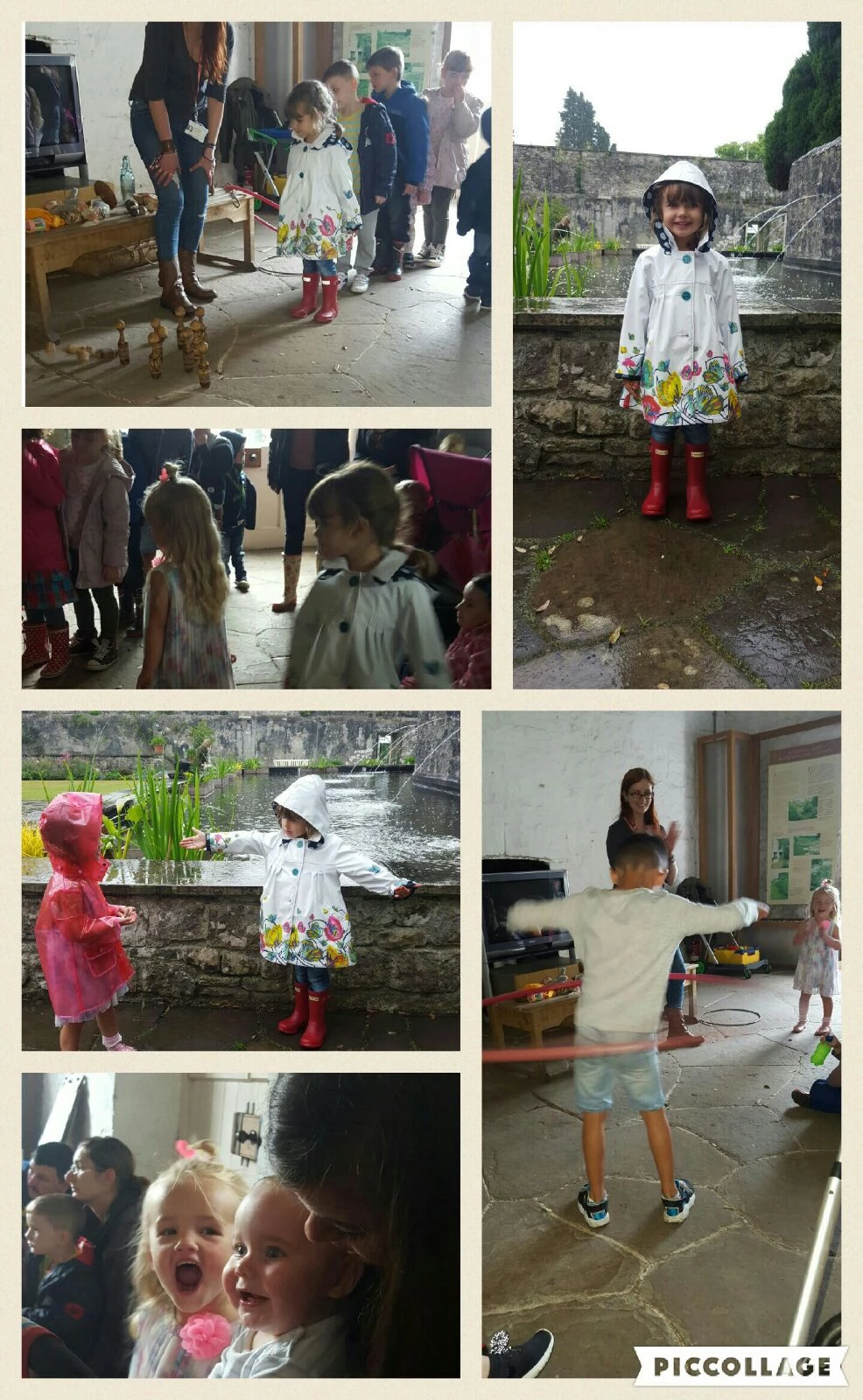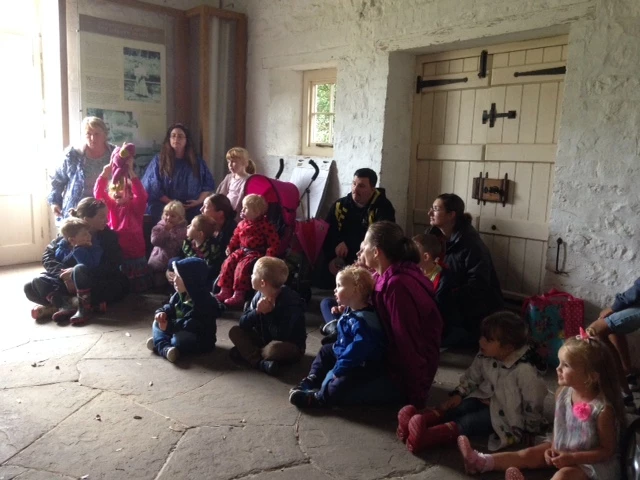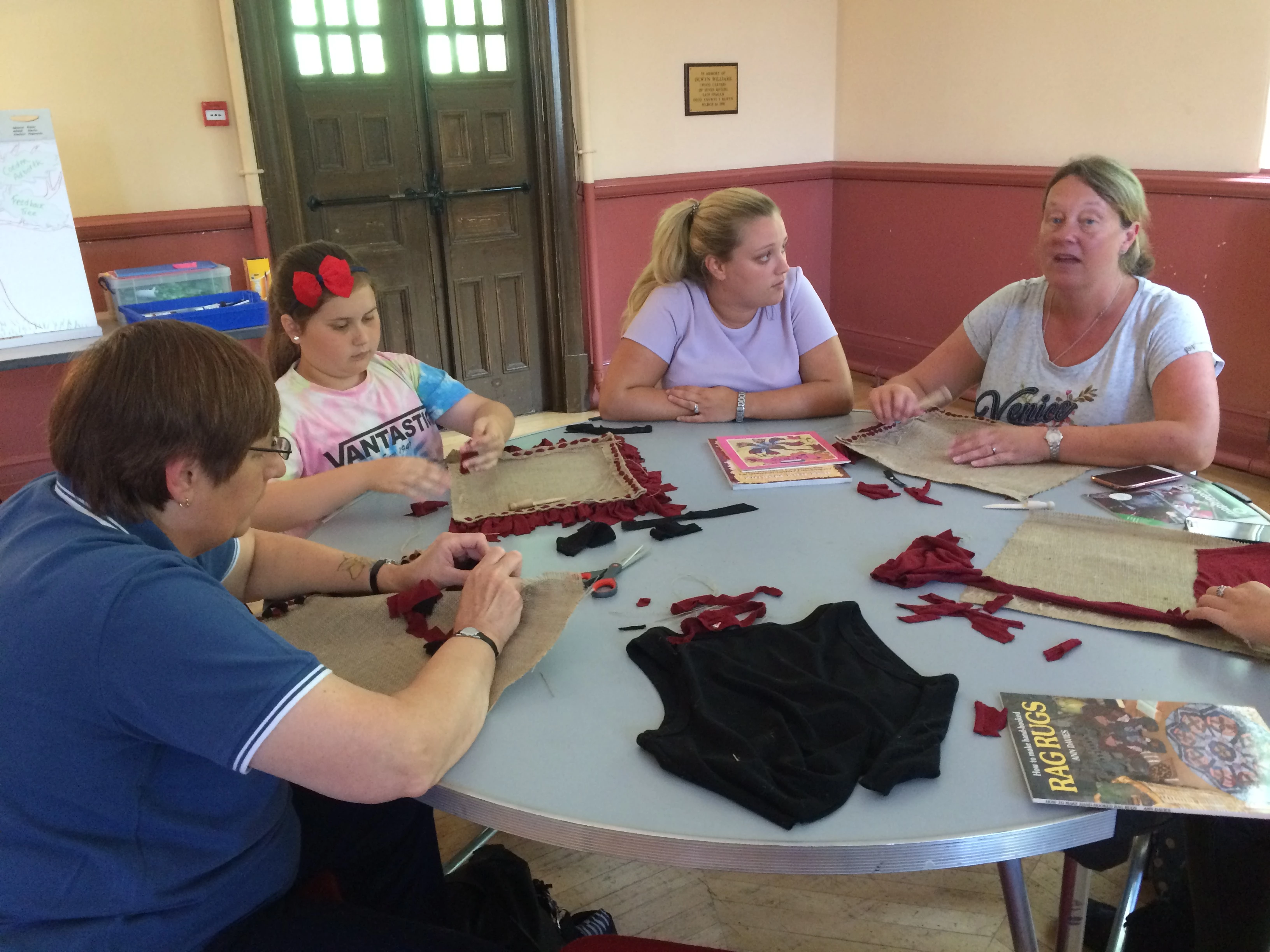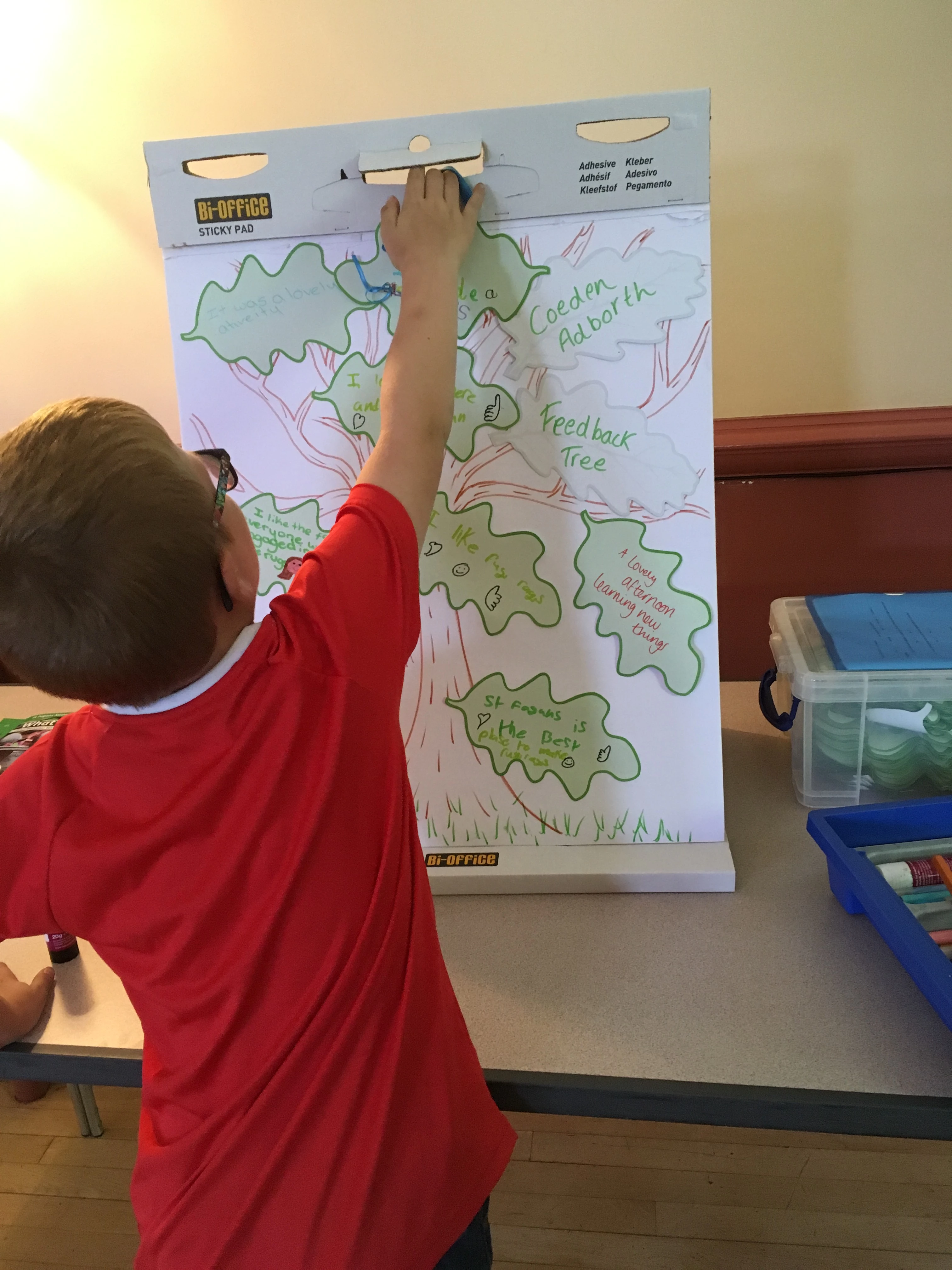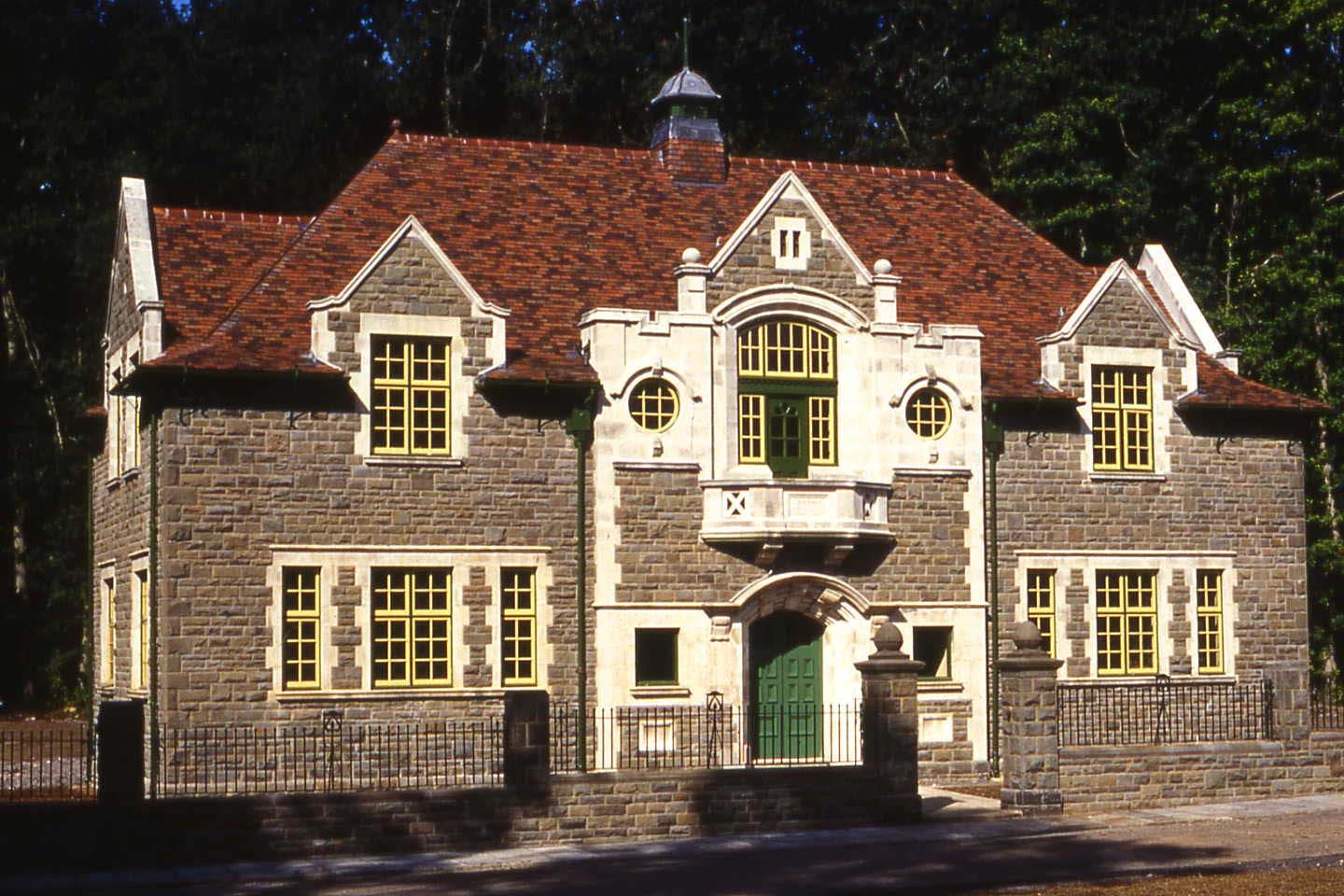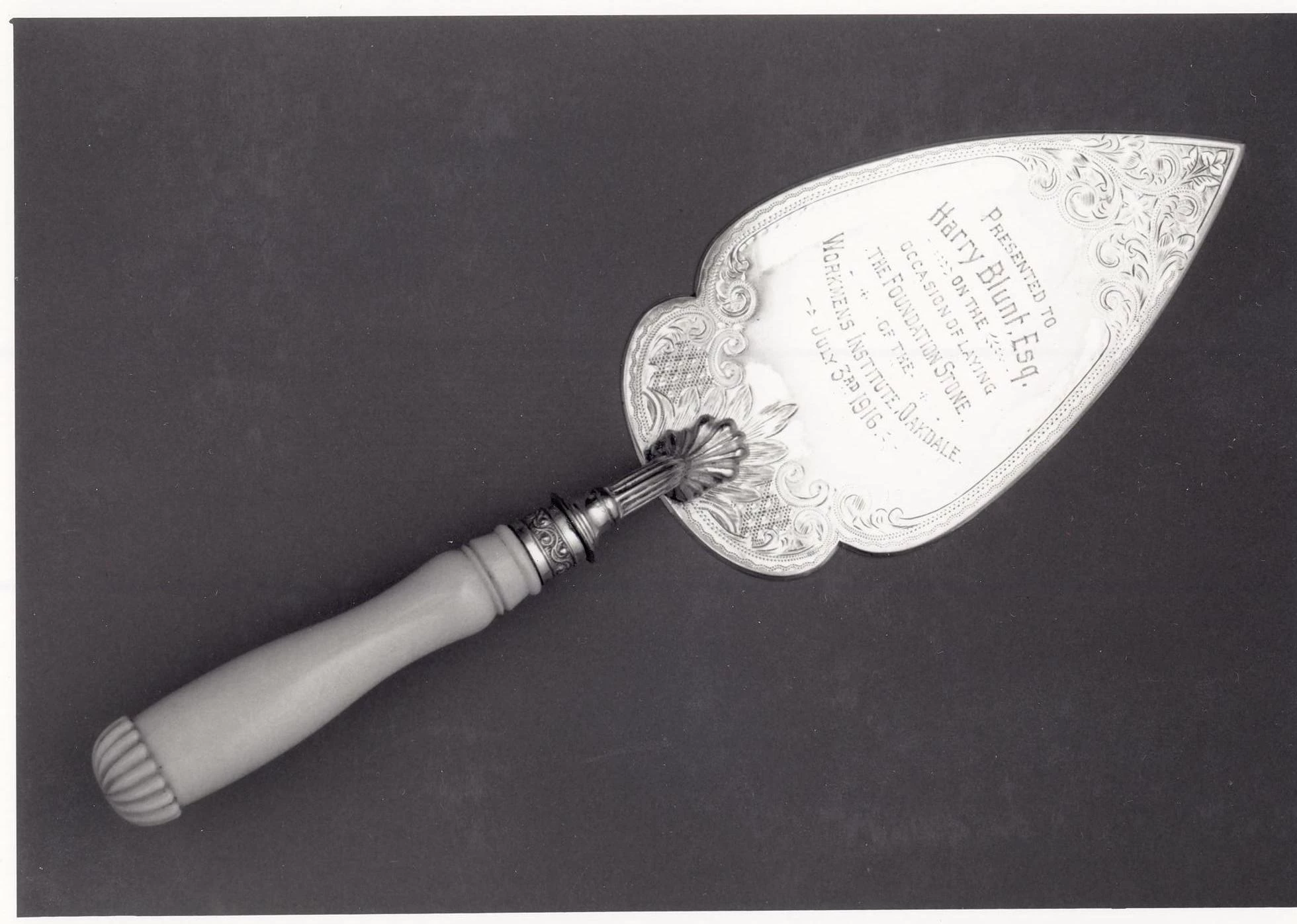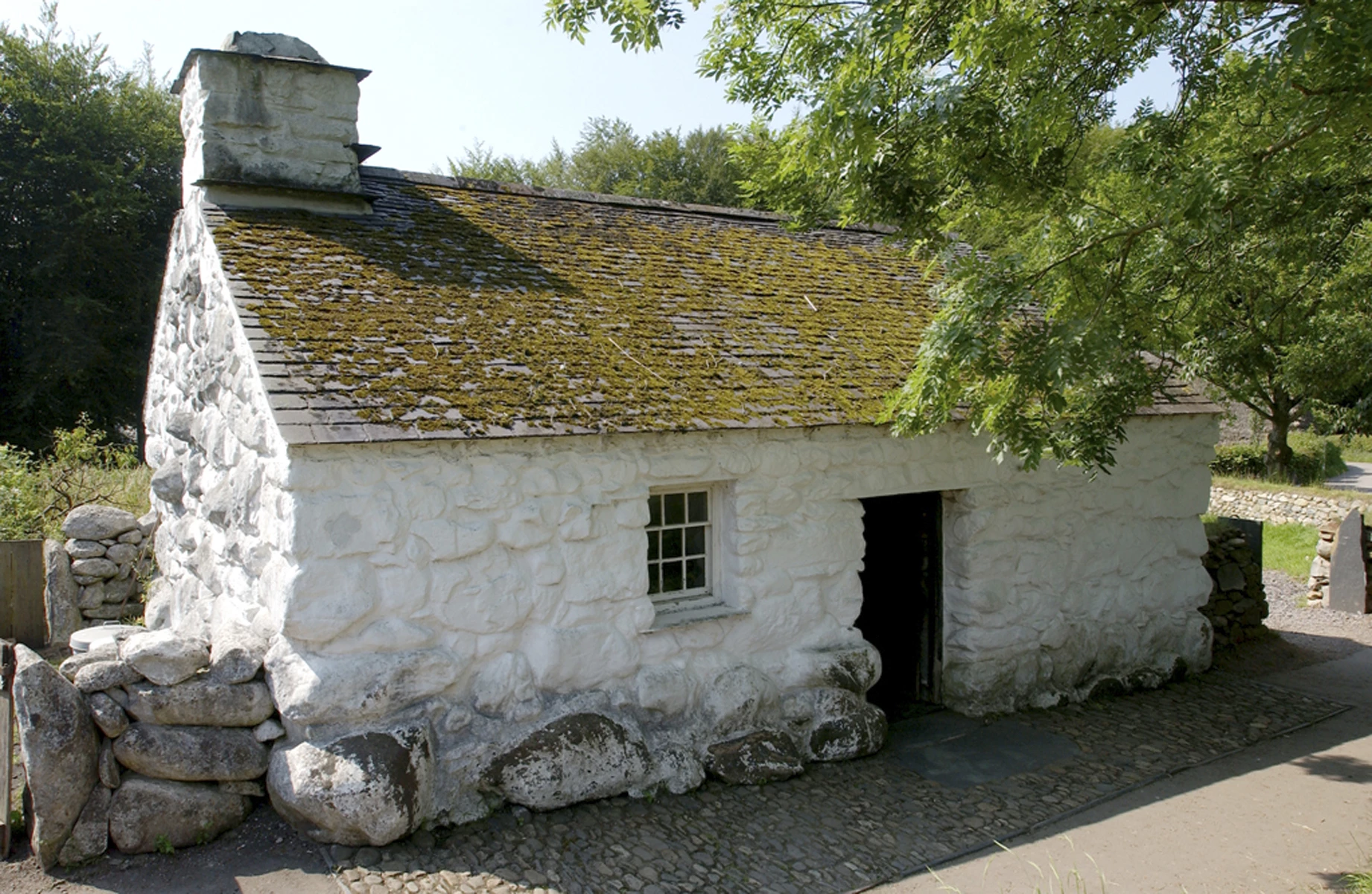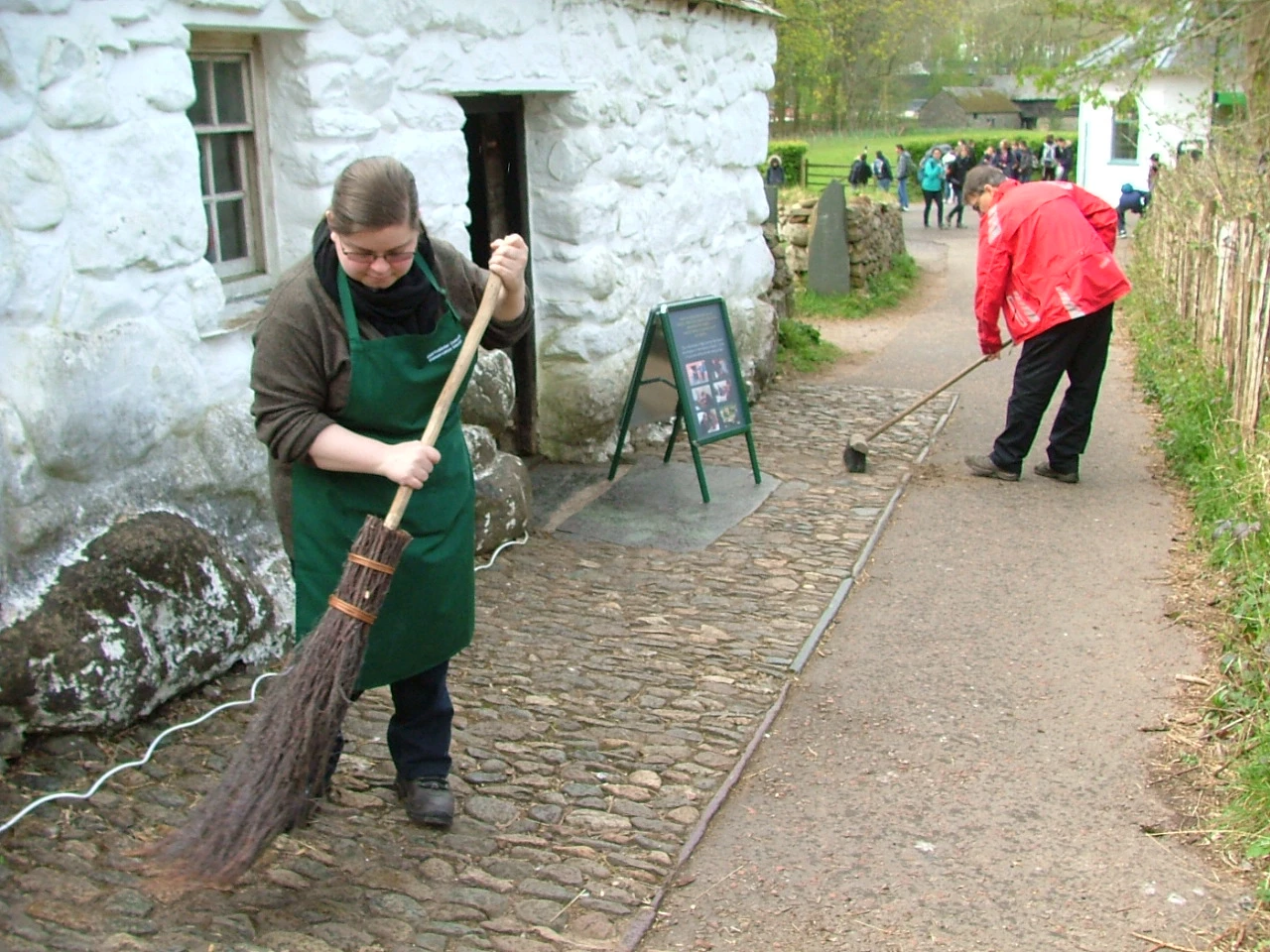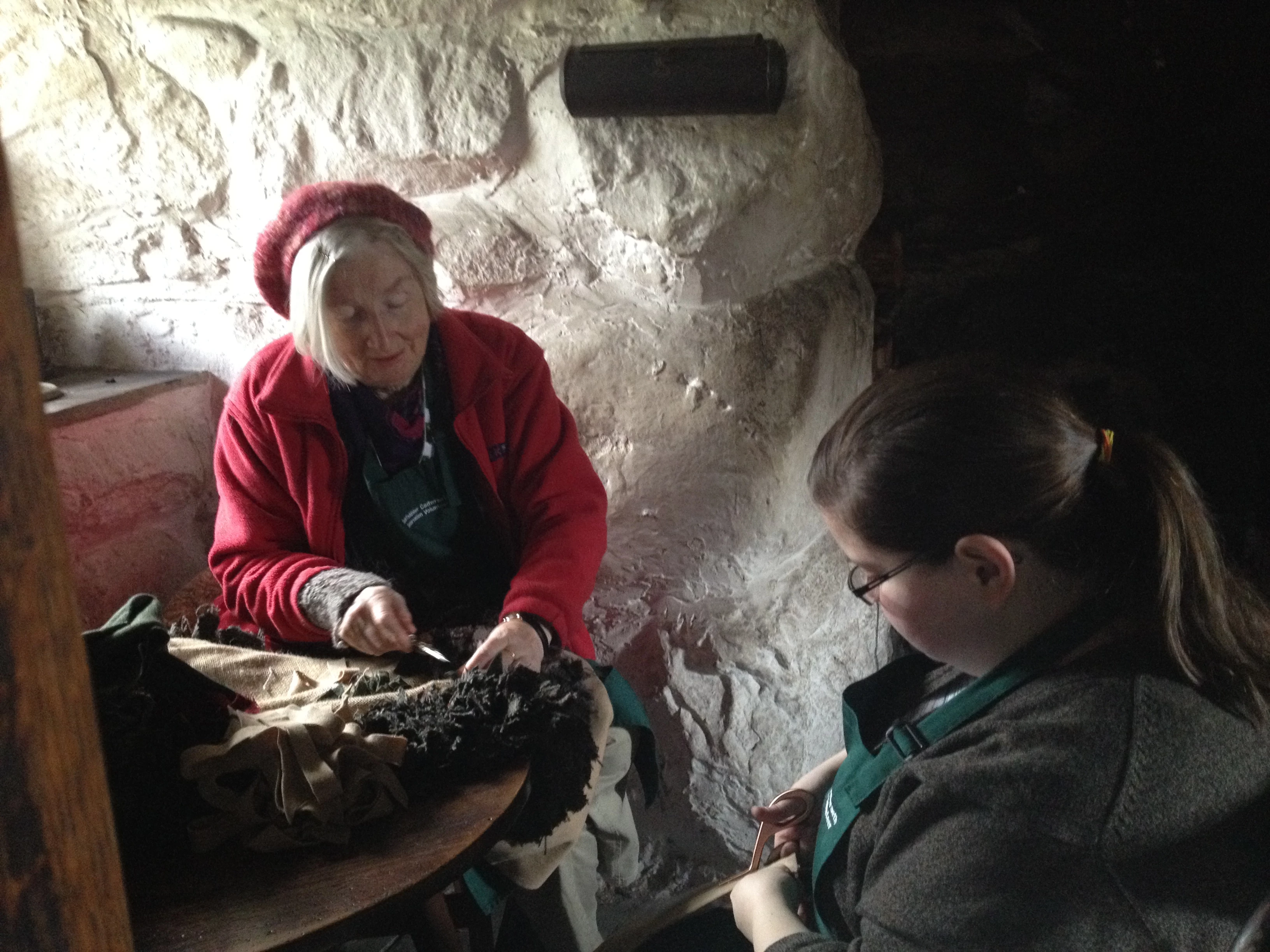Community Family Learning at St Fagans, Update
, 18 August 2016
Since the last post the local families coming to the Museum from Ely and Caerau have been enjoying taking part in a variety of exciting sessions, including:
- experiencing what it was like to go to school in Victoria Wales
- learning to handle a newt found during pond dipping in the Tannery ponds
- making clay coil pots to take home.
So far 102 people have taken part in this programme of activities at St Fagans and the feedback from everyone has been overwhelmingly positive.
“I enjoyed the experience of going to a Victorian school because I learnt new things and how they learnt back then.”
“I had a good time holding a newt and looking at all the pond bugs.”
“Brill, we had lots of fun, will be coming back!”
“I liked pottery because you can get messy and it is crafty.”
“Calming session.”
The children are learning a lot, so are the parents, and so are we. We’re finding out just how much families love to learn together and the families are discovering all that the Museum has to offer them. Many of these families had not visited St Fagans until coming along to one of these sessions, and now they are thinking of coming back again. This is why we value our partnership with ACE Action Ely Caerau so much, as they are able to help us meet and work with these lovely groups to show them just how relevant the Museum on their doorstep can be to their lives.
With one more week to go we are looking forward to welcoming more families to Bryn Eryr, the Iron Aged farmstead, to help us with an authentic Iron Age smelt, and a very enthusiastic group who will be coming in to take part in a traditional weaving workshop.
Keep following this blog for more updates.
If you are interested in taking part in fun family activities and events at St Fagans over the summer there are lots of opportunities to get involved, just check our What’s On for more information.
